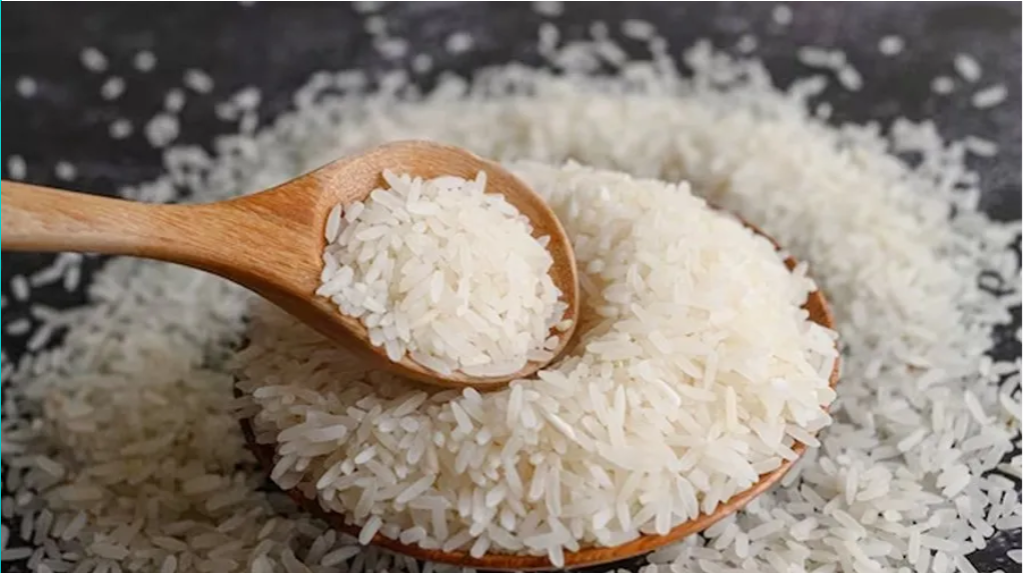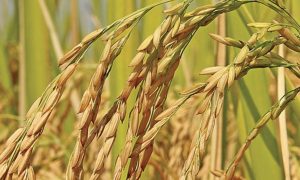Two HT basmati rice varieties cleared for commercial produce

The Indian government has launched commercial cultivation of two non-transgenic herbicide-tolerant (HT) basmati rice varieties, Pusa Basmati 1979 and Pusa Basmati 1985, to promote water-saving and carbon-reducing paddy cultivation. The varieties, developed by ICAR, can withstand agrochemicals to eliminate weeds. Despite concerns over super weeds and health impacts, the government scientist assures the varieties have undergone rigorous testing and have no detectable residue. Farm activists have petitioned to ban the herbicide, citing hazards.
In a first, the Centre has launched commercial cultivation of two non-transgenic varieties of herbicide-tolerant (HT) basmati rice, which have traits to withstand agrochemicals sprayed to eliminate weeds, aimed at promoting a paddy-cultivation method that saves water and cuts carbon footprint, the government scientist who developed the varieties said on Tuesday.
The Indian Council of Agricultural Research (ICAR), a flagship state-run body, allowed the release of Pusa Basmati 1979 and Pusa Basmati 1985 in May this year and these HT varieties are being cultivated for the first time in the current summer-sown season.
HT crops have often attracted scrutiny for their potential impact on health and environment. A key concern cited by opponents is the rise of super weeds, or weeds that develop resistance and become difficult to control as a result of repeated herbicide use.
“Both the varieties have been given all statutory clearances, including by the Central Insecticides Board & Registration Committee and Food Safety and Standards Authority,” Ashok Kumar Singh, the chief breeder, said. Singh formerly headed the Indian Agricultural Research Institute.
He said the varieties were trialled on fields for three years to evaluate all safety parameters and to detect residue of the herbicide HT basmati is meant to withstand — a chemical known as imazethapyr. “There was no detectable residue in the crop. The grain itself is free from residues,” Singh said.
A group of farm activists has written to agriculture minister Shivraj Singh Chouhan and also petitioned the Supreme Court to ban the herbicide that works on HT basmati, citing hazards. India allows imazethapyr but the EU prohibits its use.
“Most countries don’t allow HT crops. The emergence of super weeds requiring more and more herbicide use and increased levels of residue in food are well documented. Imazethapyr is approved for soybean, not rice,” farm activist Kavitha Kuruganti, one of the petitioners, said.
On super weeds, Singh said any farm chemical would eventually run its course and new molecules are developed to overcome resistance. “That doesn’t mean you don’t use the technology that gives you so many benefits,” he said, stressing that imazethapyr is already widely used in 12 million hectares of soyabean grown in the country.
HT basmati needs to be grown by directly sowing it in the soil, a key advantage because this method of planting saves water and produces less methane, a key contributor to global warming. Generally, rice saplings are grown in flooded nurseries before being transplanted on to fields.
Paddy farming has alarmingly depleted groundwater in Punjab. According to the Central Ground Water Authority, the northern state is over extracting water to an extent that it is no longer replenishable. The annual extractable groundwater recharge in Punjab is 20 billion cubic metres (BCM), but the state utilises about 34 BCM.
Basmati is India’s top agricultural-export produce. In 2022-23, the country shipped 4.56 million tonnes of the aromatic long grain valued at $4.78 billion.
Source Link : https://www.hindustantimes.com/india-news/two-ht-basmati-rice-varieties-cleared-for-commercial-produce-101722366613980.html















